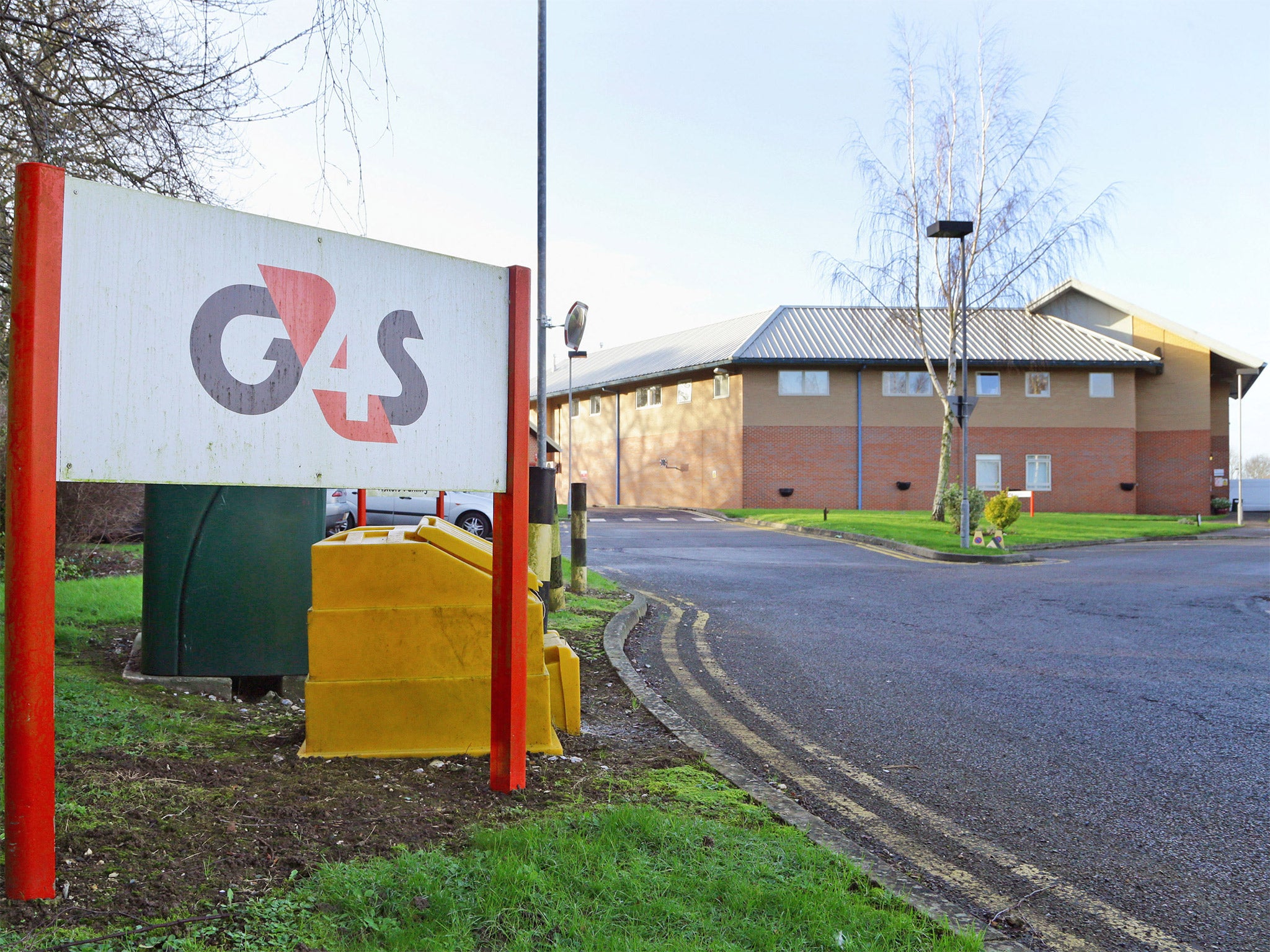Appalling sexual abuse by staff of children in custody revealed by nationwide inquiry
Children ‘still not safe from sexual abuse’ after decades of institutional failures

The appalling scale of sexual abuse against children as young as 11 in detention centres has been revealed by a nationwide inquiry.
The Independent Inquiry into Child Sexual Abuse (IICSA) said that more than 1,000 incidents of alleged sexual abuse had been reported between 2009 and 2017.
Officials said the number was “shockingly high” and far above the level official figures previously suggested.
“Children held in young offender institutions and secure training centres are still not safe from sexual abuse,” said a report, which condemned institutional failures to protect children from “appalling abuse” in England and Wales.
The Independent has previously revealed horrific abuse suffered by children held in youth detention centres in the 1970s and 1980s.
But IICSA heard evidence of recent abuse, including allegations that a female member of staff sexually touched children at Medway Secure Training Centre in 2015.
The year before, members of staff at Rainsbrook Secure Training Centre allegedly allowed a young detainee to perform a perverse act on another.
The report included many other recent examples, often involving staff inappropriately touching children while searching or restraining them.
More than 1,100 children were alleged victims of sexual abuse in the timeframe of the inquiry, with reports peaking in 2017, but “for reasons that were not always clear, the vast majority of allegations were not found to be substantiated”.
Only nine alleged incidents resulted in criminal charges, of which four resulted in conviction.
The report said nine perpetrators had been dismissed, 10 staff members were reprimanded and 120 faced other action.
Professor Alexis Jay, chair of the inquiry, said: “The harrowing accounts of non-recent child sexual abuse within custodial institutions were some of the worst cases this inquiry has heard.
“But I am also deeply disturbed by the continuing problem of child sexual abuse in these institutions over the last decade. It is clear these children, who are some of the most vulnerable in society, are still at risk of sexual abuse. I hope our report and recommendations can help protect them better in future.”
Two weeks of public hearings in July were told that the number of children in custody has declined from over 3,000 in 2008 to around 900 children at any one time.

IICSA said detained children, who can be as young as nine, are vulnerable and often from unhappy and disrupted childhoods.
It warned that mental health disorders, learning disabilities and other vulnerabilities made some unlikely to report abuse.
And when they do, IICSA found complaints were “rarely investigated properly” in young offender institutions and secure training centres, where children are restrained, strip-searched and subjected to legal “pain compliance techniques” like bending their thumbs and wrists.
Officials said child detention centres had been historically underfunded and have “unacceptable” levels of staffing, turnover, morale and training.
“There is little doubt that the service was in crisis towards the end of the period under investigation,” the report added.
Justice minister Edward Argar called the report was “shocking” but said the government had already recognised the need for “fundamental reform” of youth custody.
“As part of this we are already conducting an urgent review into safeguarding in the youth estate, are rolling out new specialist training for staff and have commissioned an independent review of pain-inducing restraint techniques,” he added.
“In addition, we increased frontline Youth Custody Service staff by over a third in 2018 and are completely changing our approach by investing in secure schools that will put education at heart of youth custody.
“There is still more to do and we are determined to improve the safety and welfare of those in our care.”
In a statement to parliament, the home secretary said the government would review the report and respond in due course.
“I am grateful for the strength and courage of the victims and survivors who have shared their experiences to ensure the inquiry can deliver its vital work,” Sajid Javid added.
“I would like to thank professor Jay and her panel for their continued work to uncover the truth, expose what went wrong in the past and to learn the lessons for the future.”
